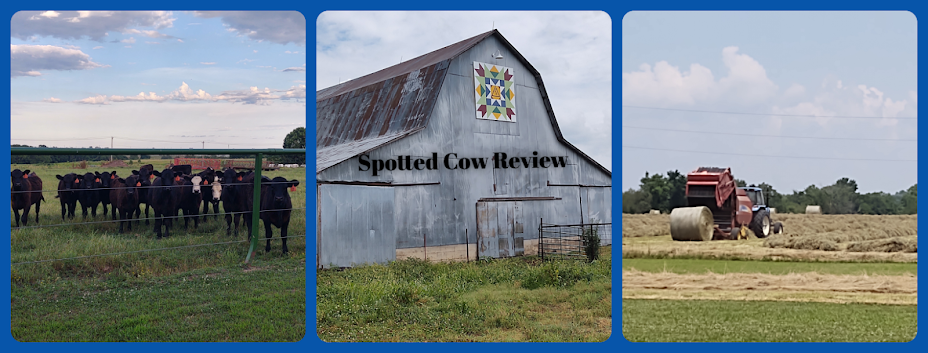.jpg) Here's a few fast facts:
Here's a few fast facts:- More than 70% of packaged products contain at least one GM (genetically modified) food ingredient (corn,soybean, and cotton)
- More than 80% of the leading agriculture crops (corn, soybean and cotton) contain GMOs
- More than 80% of grain crops used for animal feed, such as corn and soybeans are genetically modified
Words that can be used interchangeably for GMO is genetic modification, biotechnology, biotech seed, or genetic engineering. It simply means that a change has been made to the DNA of the organism.
I liked this analogy by Dr. Denneal Jamison-McClung (Associate Director-Biotechnology Program,Lecturer in Plant Biology in the College of Biological Sciences, University of California-Davis) says GMOs can be compared to apps on your smart phone. Adding an "app" doesn't change the phone, but it helps your phone do more. In GMOs, the plant is the phone and the app is the gene added to make the plant drought or disease resistant. The gene added to the plant doesn't change anything about the plant, but the app-like GMO helps it do something desirable--in this case, stay healthy and grow stronger.
According to the Genetic Literacy Project there are 10 reasons we need biotech foods and crops:
- Biotech crops can help address the global food crisis.
- Crop Biotechnology helps small farmers.
- Biotech crops spur global economic growth.
- Farming using GM crops reduces chemical use.
- Biotech crops increase yields.
- Biotech crops help increase income of poorer farmers, reducing poverty and malnutrition.
- Farming with biotech crops is sustainable.
- Foods tweaked by biotechnology are safe to eat.
- Genetically modified foods improve nutrition and health.
- Genetically modified crops and foods complement conventional and organic farming.
If you have questions about GMOs or biotechnology, you can find answers at GMO Answers.

.jpg)
No comments:
Post a Comment